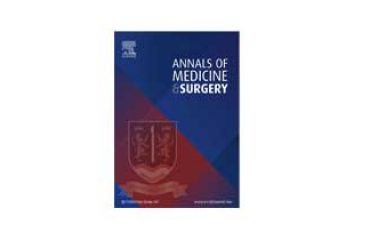Objective/background: Increasingly, reports show that compliance rates with endovascular aneurysm repair (EVAR) surveillance are often suboptimal. The aim of this study was to determine the safety implications of noncompliance with surveillance.
Methods: The study was carried out according to the Preferred Items for Reporting of Systematic Reviews and Meta-Analyses (PRISMA) guidelines. An electronic search was undertaken by two independent authors using Embase, MEDLINE, Cochrane, and Web of Science databases from 1990 to July 2017. Only studies that analysed infrarenal EVAR and had a definition of non-compliance described as weeks or months without imaging surveillance were analysed. Meta-analysis was carried out using the random-effects model and restricted maximum likelihood estimation.
Results: Thirteen articles (40,730 patients) were eligible for systematic review; of these, seven studies (14,311 patients) were appropriate for comparative meta-analyses of mortality rates. Three studies (8316 patients) were eligible for the comparative meta-analyses of re-intervention rates after EVAR and four studies (12,995 patients) eligible for meta-analysis for abdominal aortic aneurysm related mortality (ARM). The estimated average noncompliance rate was 42.0% (95% confidence interval [CI] 28e56%). Although there is some evidence that noncompliant patients have better survival rates, there was no statistically significant difference in all cause mortality rates (year 1: odds ratio [OR] 5.77, 95% CI 0.74e45.14; year 3: OR 2.28, 95% CI 0.92e5.66; year 5: OR 1.81, 95% CI 0.88e3.74) and ARM (OR 1.47, 95% CI 0.99e2.19) between compliant and non-compliant patients in the first 5 years after EVAR. The re-intervention rate was statistically significantly higher in compliant patients from 3 to 5 years after EVAR (year 1: OR 6.36, 95% CI 0.23e172.73; year 3: OR 3.94, 85% CI 1.46e10.69) year 5: OR 5.34, 95% CI 1.87e15.29).
Conclusion: This systematic review and meta-analysis suggest that patients compliant with EVAR surveillance programmes may have an increased re-intervention rate but do not appear to have better survival rates than non-compliant patients.




